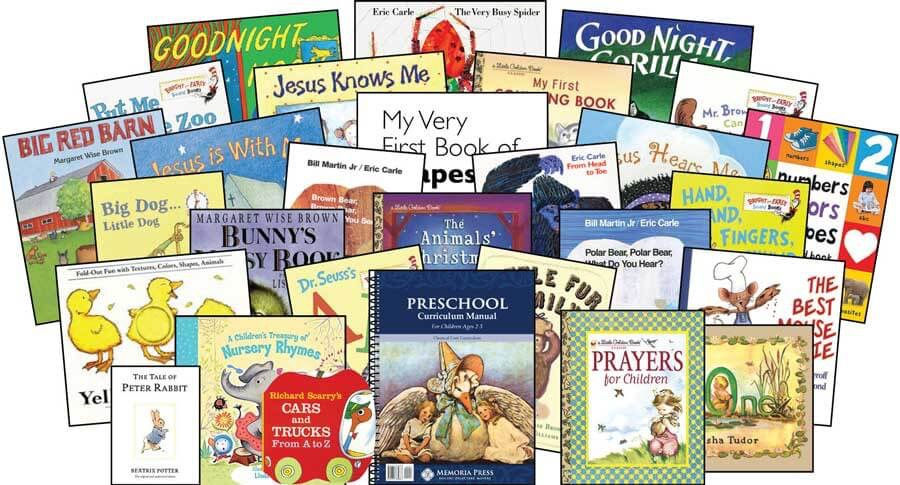Literature
- elizabethamiller0
- Jan 1, 2021
- 3 min read
Updated: Jan 1, 2021
Okay, I’m going to start off by saying I know my opinion on this subject will not be a popular one but for those out there who may agree, you’ll know you’re not alone.

For me and my family I want to have zero magic in the literature. This can be a tall order and takes many books off the reading list, C.S. Lewis and J.R.R. Tolkien included. The Bible gives clear warnings to have nothing to do with magic and witchcraft.
9 When thou art come into the land which the Lord thy God giveth thee, thou shalt not learn to do after the abominations of those nations.
10 There shall not be found among you any one that maketh his son or his daughter to pass through the fire, or that useth divination, or an observer of times, or an enchanter, or a witch.
11 Or a charmer, or a consulter with familiar spirits, or a wizard, or a necromancer.
12 For all that do these things are an abomination unto the Lord: and because of these abominations the Lord thy God doth drive them out from before thee.
Deuteronomy 18: 9-12
Next on the chopping block, praise given to false gods. No Greek or Roman plays for this household. It’s worth noting that the presentation of these plays were used as a form of persecution to the early church. Here’s an excerpt from a college paper of mine. (I was a Theater major at the time.)
In days gone by, the Church as a whole made particularly strong stances on where they stood with the world of theatre at that given time. Christians were persecuted heavily by the Romans, during the late B.C. early A.D. period, through various means, one of them being through the use of theatre. Romans did not tolerate Christianity and its practice. During that time Christians began practicing and teaching doctrine that countered that of the Roman Empire. The Roman Empire wanted to reestablish their power by eliminating Christianity from their society. They forced the Christians to attend the plays often performed at religious festivals for the gods.
So, one might be asking, what classic literature do you intend to use? My answer, anything wholesome that does not fall into the previous two categories.
Here’s a quote from William Penn.
Have but few books, but let them be well chosen and well read, whether of religious or civil subjects. Shun fantastic opinions; measure both religion and learning by practice; reduce all to that, for that brings a real benefit to you; the rest is a thief and a snare. And indeed, reading many books is but a taking off the mind too much from meditation. Reading yourselves and nature, in the dealings and conduct of men, is the truest human wisdom. The spirit of a man knows the things of man, and more true knowledge comes by meditation and just reflection than by reading; for much reading is an oppression of the mind, and extinguishes the natural candle, which is the reason of so many senseless scholars in the world.
I see the connection between being well read in an exorbitant amount of literature and intellectual success to be false.
All this being said I do find value in reading good quality literature. Obviously the Bible being foremost. After that some of the classics, Pilgrims Progress and others by John Bunyan, The Little House series and so on.
I will definitely rely on several curriculum sources to round out my sons education. The Noah Plan, Memoria Press and Progeny Press are the three that will be my go to’s for literature curriculum guides.




Comments